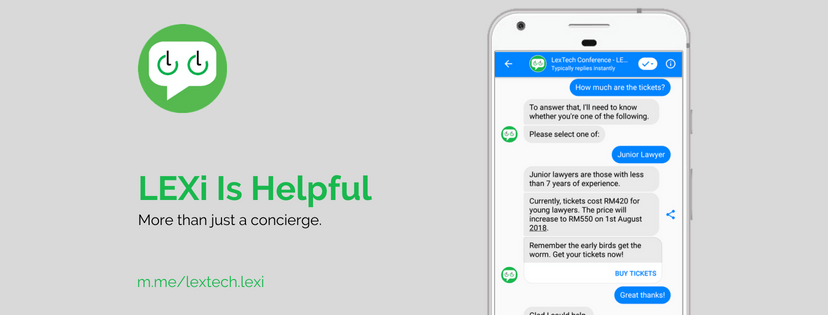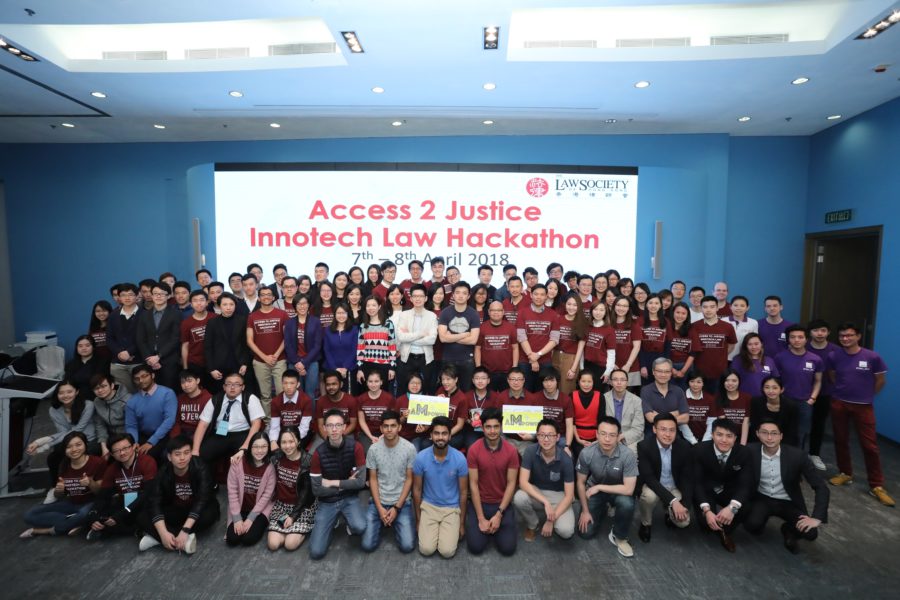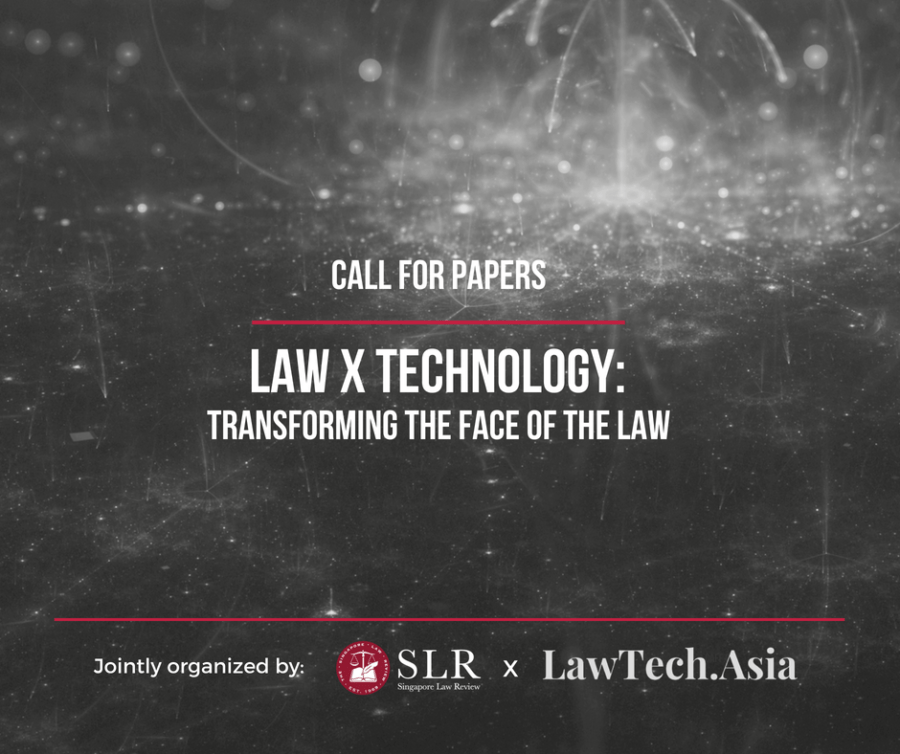Interview by Samuel Lim | Edited by Amelia Chew
Organised by Malaysian legal tech startup CanLaw, LexTech Conference 2018 is an APAC-wide regional legal technology conference taking place from 25 to 26 October 2018 in Kuala Lumpur that aims to drive legal tech adoption in the region and strengthen the regional legal tech community. In the lead-up to LexTech Conference 2018, the LawTech.Asia team will be bringing to you regular interviews and shout-outs covering prominent individuals who are involved in the conference.
LawTech.Asia spoke with Eddie Law, Founder and CEO of eLawyer.com.my (“eLawyer”), about the state of the legal industry in Malaysia. Eddie is a lawyer turned legal recruiter who started his career in private practice before working as an in-house counsel.
Broadly, how would you characterise the legal tech scene in Malaysia? Are Malaysian law firms embracing machine language, artificial intelligence and cloud-based services?
I think that the adoption of legal technology in Malaysia is still in its infancy. Most law firms and in-house legal departments continue to do things the traditional way. Currently, I notice that there are very few Malaysian law firms that have embraced machine learning and AI. Similarly, cloud-based services most of the times are only used for the sharing and storage of documents.






